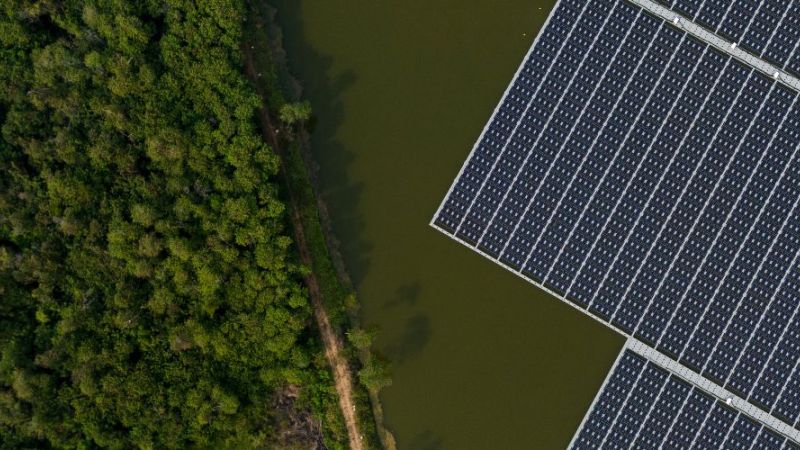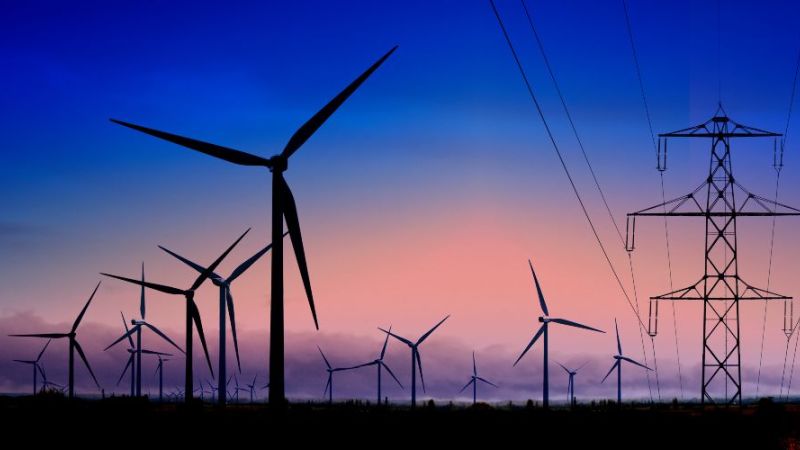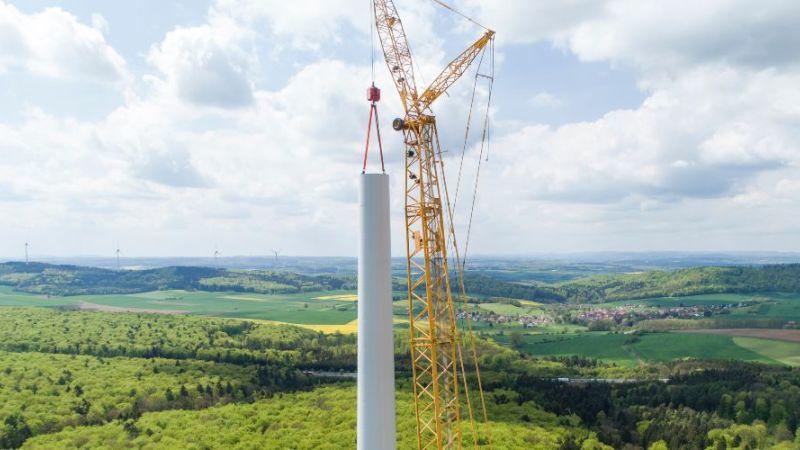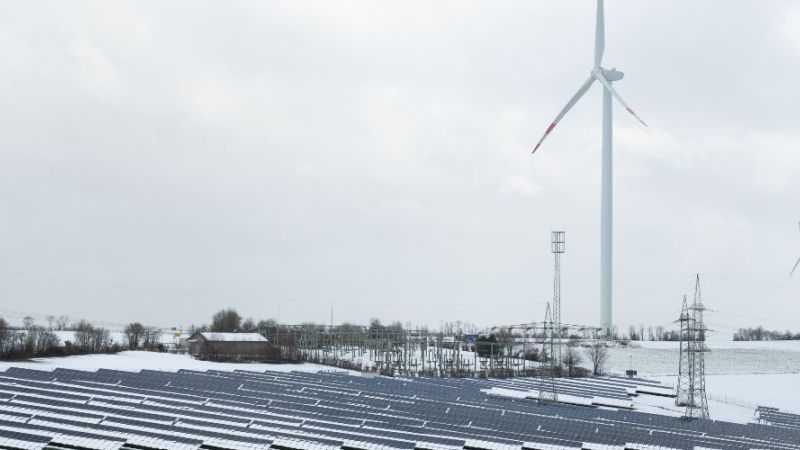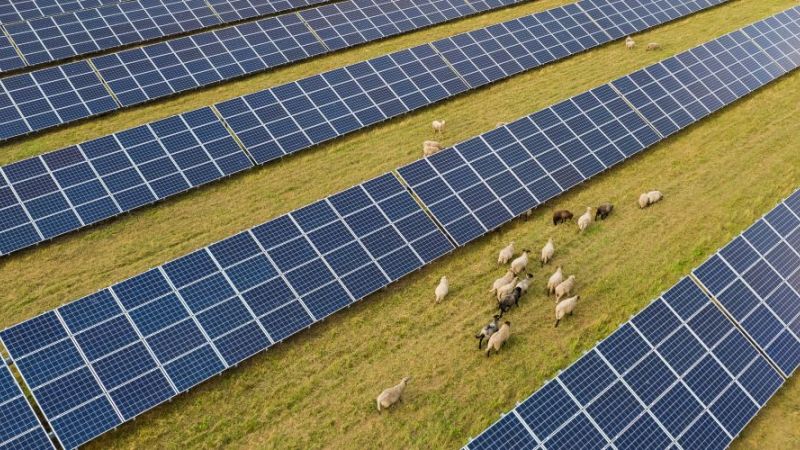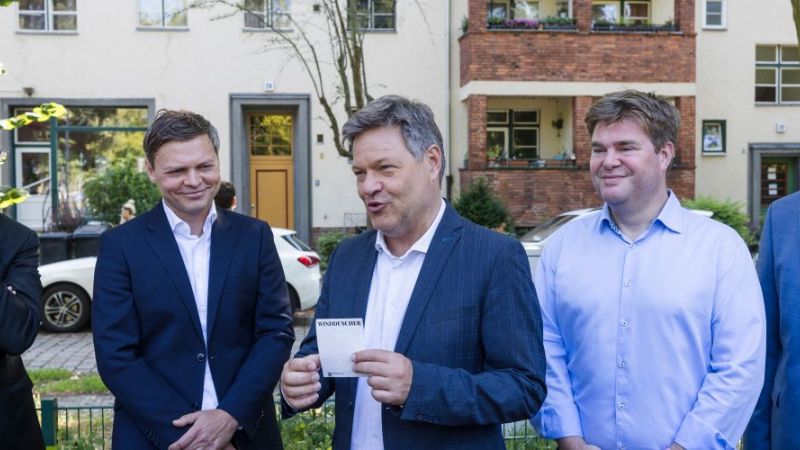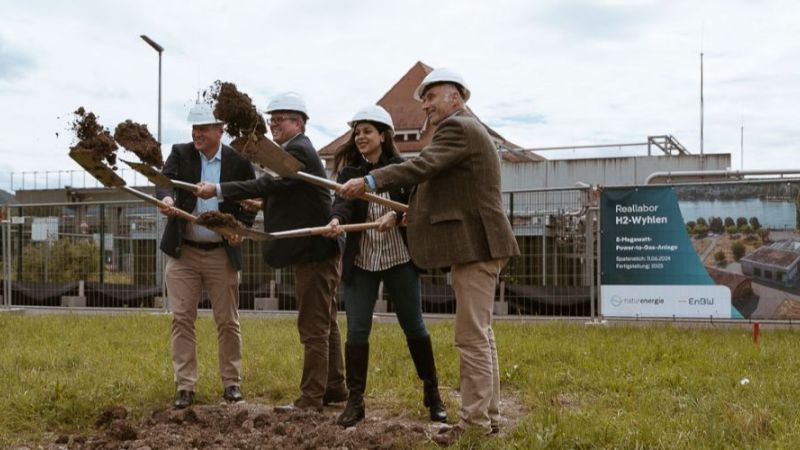 © stock.adobe.com – goodluz
© stock.adobe.com – goodluz
Wind energy
Populism and energy transition: Strengthening democratic discourse culture
Fritz Reusswig Mission Electricity Transition 2045
INTERVIEW WITH DR FRITZ REUSSWIG
The digital workshop of the Energy Research Networks "Acceptance Research: System Analysis and Wind Power" was held at the end of April. Dr Fritz Reusswig spoke there on the influence of populism on the expansion of wind power. In the interview, he talks about local protest initiatives, strengthening local authorities and mobilising the silent majority.
How has the discourse on the energy transition changed in recent years?
Approval for the energy transition remains high among the population in general. However, several polls indicate that more people are dissatisfied with the implementation. For some it's essentially not fast enough, others doubt the sense of the whole project or criticise the lack of participation or the destruction of the landscape.
This growing criticism of the implementation reflects the increasing polarisation of the climate debate in our country. Until a few years ago, there were hardly any so-called "climate sceptics" in this country - unlike in the USA or Australia. By now there are also a few more of them here in Germany. At the same time, the number of those who consider climate change to be a major threat and want faster action is growing. The fronts are becoming more entrenched.
What influence do populist actors have on the acceptance of wind power?
With the AfD, Germany has had a right-wing populist party for several years that is climate-sceptical and wants to roll back the energy transition. The AfD is supported in this by the self-proclaimed climate "think tank" EIKE (European Institute for Climate and Energy), which presents itself as a suppressed counter-science authority. The umbrella organisation "Vernunftkraft", which is officially openly critical of wind power in terms of both technology and party politics, also often argues populistically against the energy transition. Sometimes, representatives of other parties, such as the FDP, are also populist in their opposition to the energy transition.
The hallmark of populist criticism: The energy transition is seen here as a project of urban-green elites who hypocritically preach climate protection, but in reality only want to make money and take the "majority" of the people for fools and betray the common good. That's what is written in the manifestos, what is said in the Bundestag and the state parliaments, what shapes the work with the media and, last but not least, also the interventions locally.
Is this populism particularly evident in local wind projects and if so, why?
Our first results in the Demokon project say: Yes, there is this influence of populism on the local protest level. We're not yet able to quantify it exactly – we're currently investigating this – but it takes two basic forms: Firstly, the AfD in particular seeks contact with local protest initiatives and sometimes quite cleverly serves as a kind of administrator and service provider here. For example, these initiatives are offered the opportunity to appear at hearings in the German Bundestag – and in return they are asked to hold back somewhat on anti-populist statements.
Secondly, some local activists specifically approach the AfD or EIKE to get support, for example in the form of argumentation aids, media attention or networking. After all, when one has fought more or less unsuccessfully against plants for years, one sometimes seeks contact with somewhat more radical parties.
Is there a change here and what does it look like?
There are two main effects of this link between local protest and populism: First of all, the criticism becomes more fundamental and comprehensive. In the past, one might have taken a NIMBY position (short for: not in my backyard, editor's note): "Wind power itself yes, but please not here". After adopting the populist narrative, it's clear: "Wind power neither here nor elsewhere". Secondly, the form of confrontation is getting more aggressive. Populism divides the world into good and evil, tertium non datur. Opponents become enemies. And enemies must be fought relentlessly, if necessary with a loud voice or even violence.
By the way, it's important for me to emphasise that not every criticism of a wind turbine or even of the energy transition as a whole is populist. The energy transition is a social mega-project that touches on many interests and positions. It's no wonder, in fact it is to be expected, that it will be a subject of contention. And that even has to be the case in a democracy. Populism is dangerous precisely because it makes the conflicts that are expressed in the concrete implementation of the energy transition invisible and claims that a closed elite wants to deceive a uniform people. This doesn't correspond to the facts: Neither "the elite" is uniform, nor the people.
How can we increase public acceptance of the energy transition?
First of all, the energy transition must be more strongly acknowledged and taken for what it is: A major project that is and must be struggled over. In this struggle, the diverse interests and values of "the" people count. They must be harmonised with climate protection goals. Social and spatial imbalances are to be avoided – for example through changed taxes, laws or compensation. Participation must take place earlier, financial participation of local authorities and regions must be strengthened.
We need a more decentralised energy transition that also gives the smaller players such as municipal utilities, cooperatives and citizens a better chance to participate. We need to strengthen local politics, also argumentatively. The latter often capitulates in the face of populist attacks. The energy transition needs a kind of "road show" – not in Berlin, but in the "flat countryside".
We need to specifically activate the "silent majority": The majority is in favour, but hardly expresses this. Here, a climate citizens' council made up of randomly selected citizens could be a good complement to the institutions of representative democracy – which, by the way, is already on its way. The better our democratic discourse culture, the less chance populism has.
The interview was conducted by Stephanie Epler, science journalist at Project Management Jülich.


